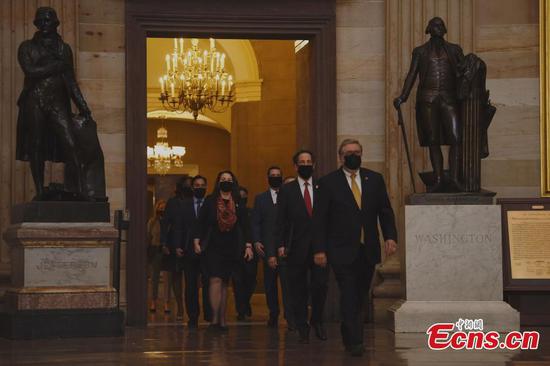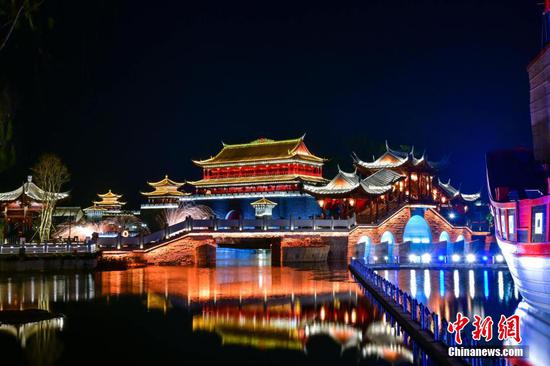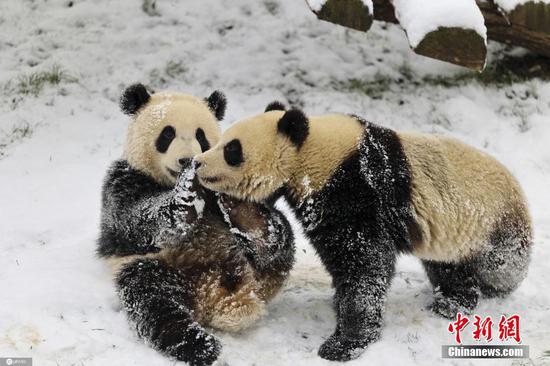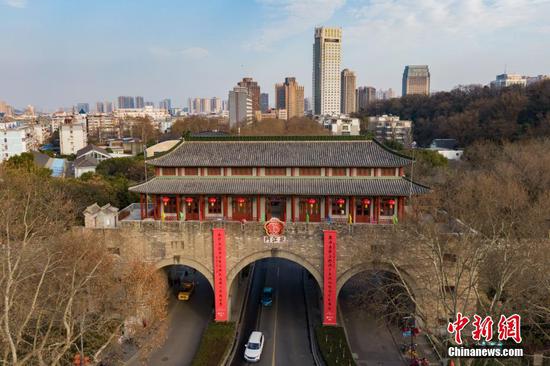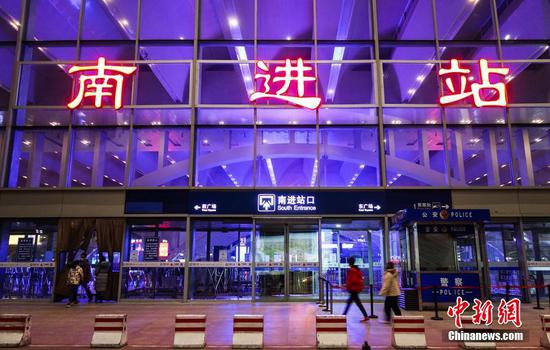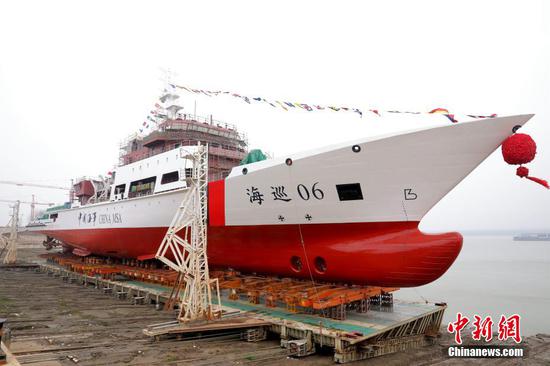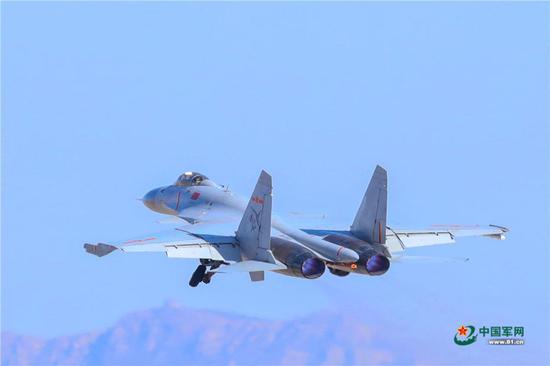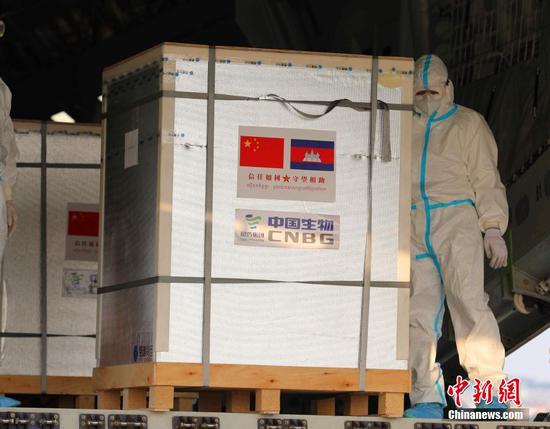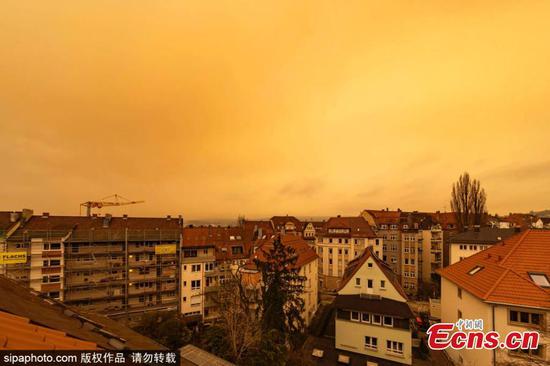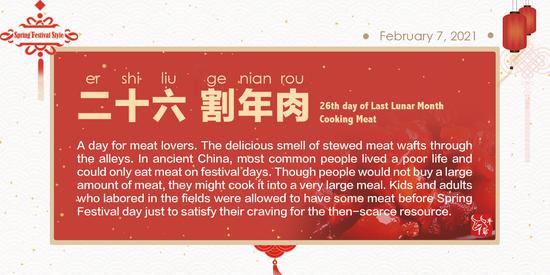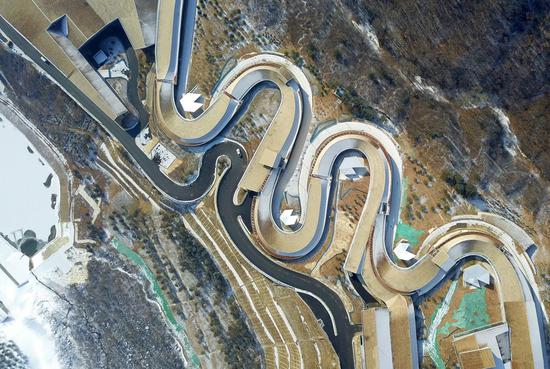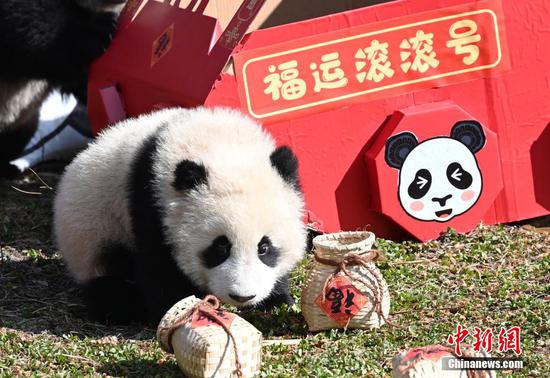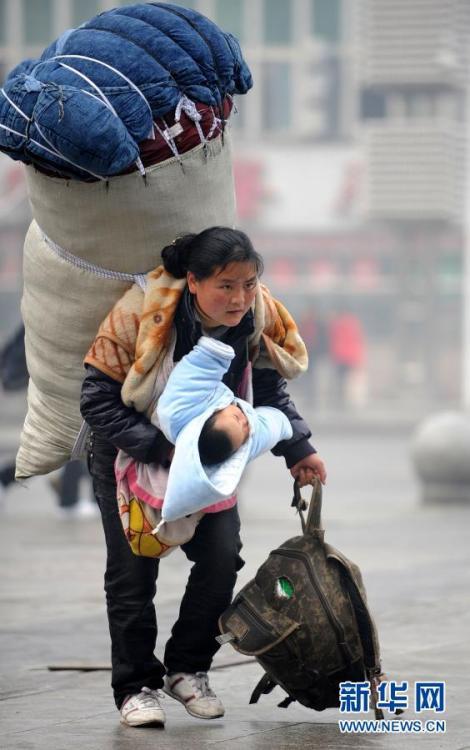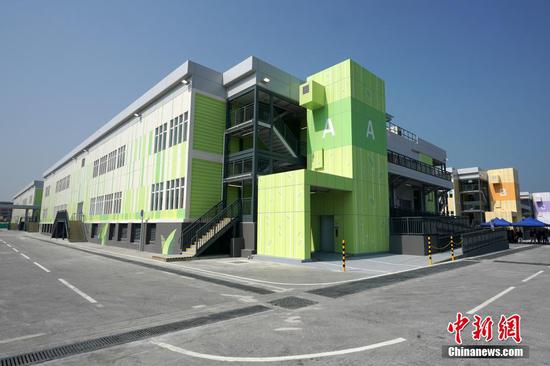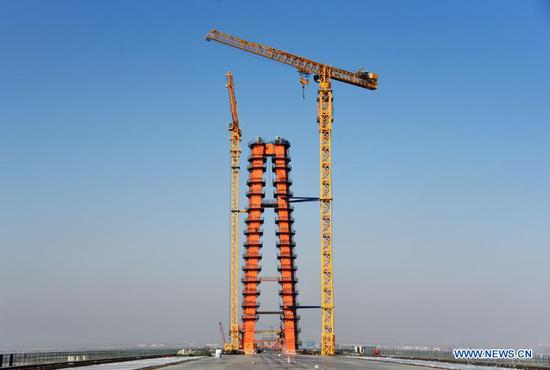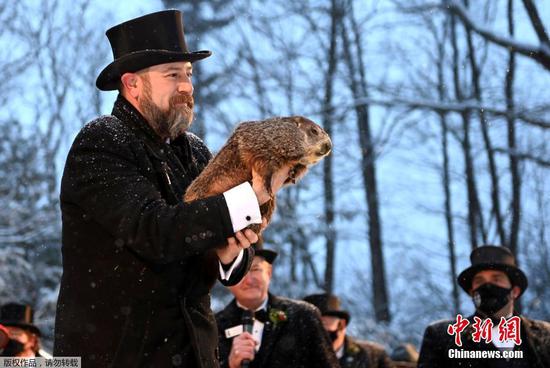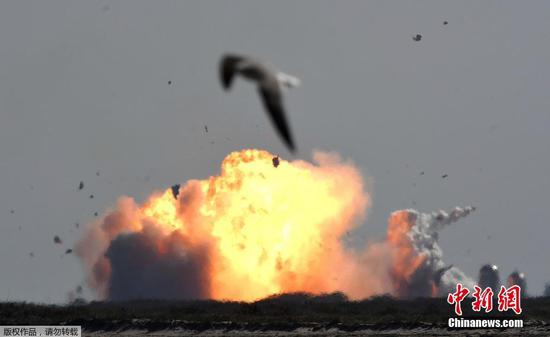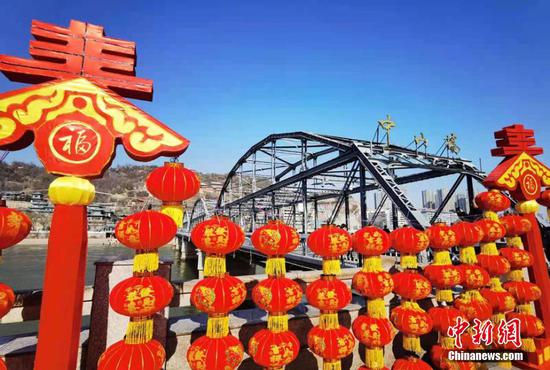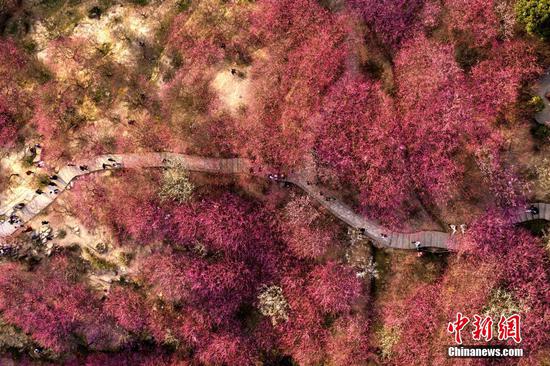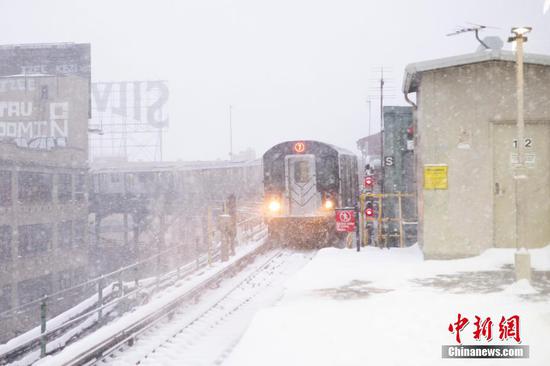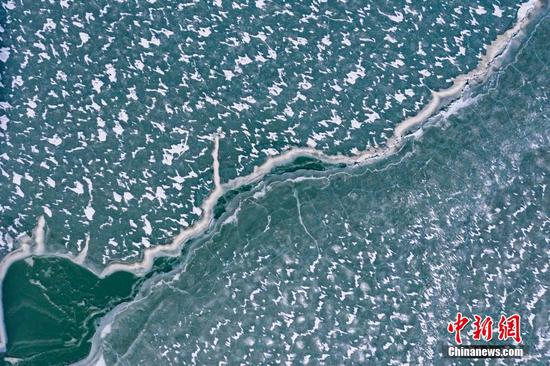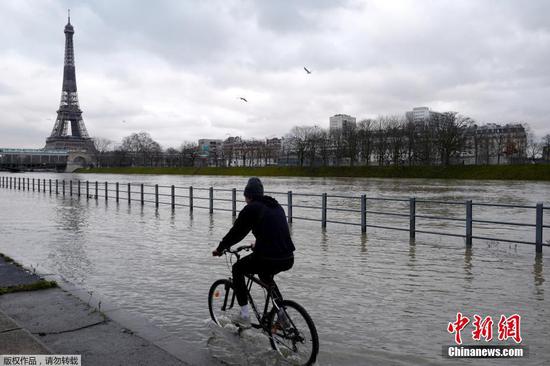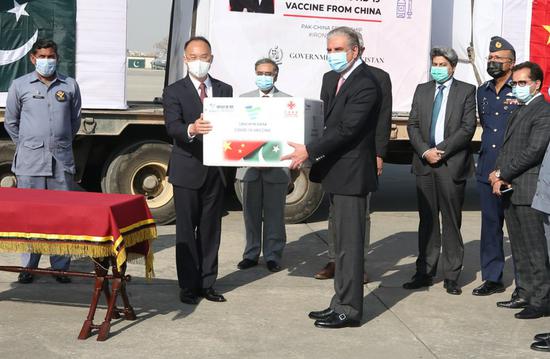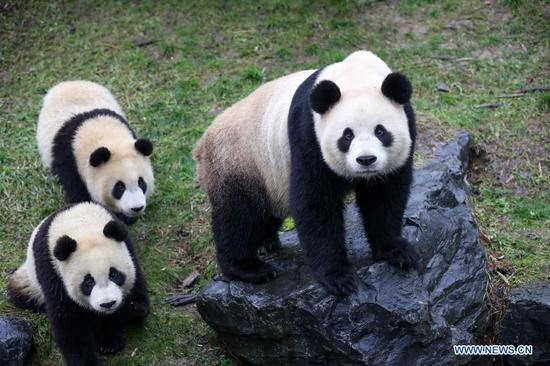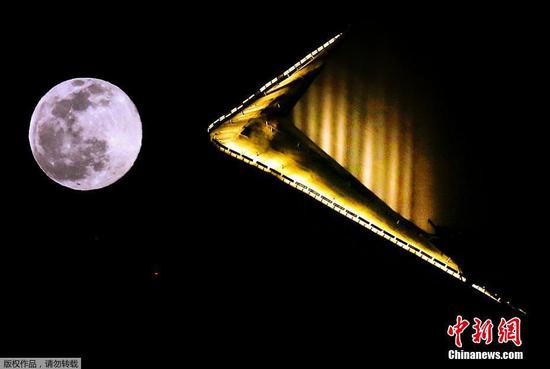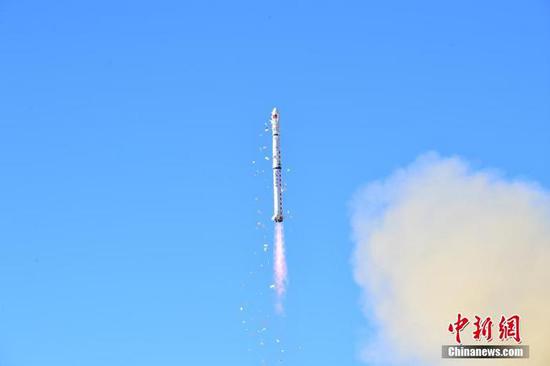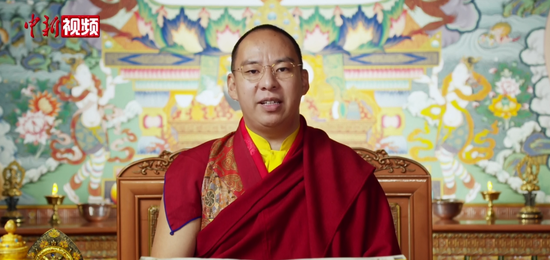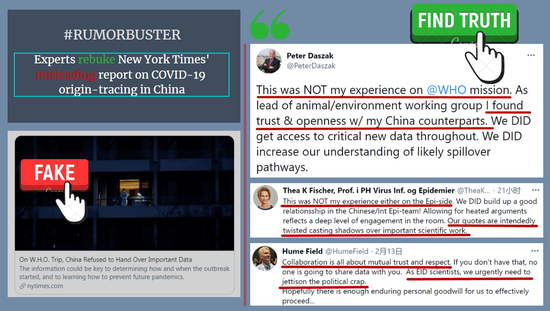
Professionals on a World Health Organization (WHO) team, who have concluded their mission on COVID-19 origin-tracing in China, have denounced The New York Times for a controversial report, stressing that their colleagues were "selectively misquoted" and the story was not true.
"This was NOT my experience on @WHO mission. As lead of animal/environment working group I found trust &openness w/ my China counterparts. We DID get access to critical new data throughout. We DID increase our understanding of likely spillover pathways," Peter Daszak, a member of the WHO team, clarified on Twitter after he was quoted by The New York Times.
The misguiding report accused Chinese scientists of refusing to share important data about the early days of the COVID-19 pandemic, citing independent investigators for the WHO.
The international team, having finished its work in Wuhan of China earlier this week, comprises experts from Australia, Denmark, Germany, Japan, the Netherlands, Qatar, Russia, Britain, the United States and Vietnam.
The team also includes WHO experts and those of the Food and Agriculture Organization of the United Nations and the World Organization for Animal Health.
In the report, Daszak said their trip was emotionally draining as they came to terms with the trauma of the early days of the pandemic.
Thea K. Fischer, a Danish epidemiologist on the team, also immediately refuted the report, which she said "intendedly twisted" the interviewees' remarks and cast "shadows over important scientific work."
"This was NOT my experience either on the Epi-side. We DID build up a good relationship in the Chinese/Int Epi-team! Allowing for heated arguments reflects a deep level of engagement in the room," she explained on Twitter.
Echoing Fischer's anger, Daszak tweeted in a reply note: "Hear! Hear! It's disappointing to spend time w/ journalists explaining key findings of our exhausting month-long work in China, to see our colleagues selectively misquoted to fit a narrative that was prescribed before the work began. Shame on you @nytimes!"
Other health experts also voiced their opinions on the incident, calling for mutual trust and respect for international cooperation on COVID-19 research.
"Collaboration is all about mutual trust and respect. If you don't have that, no one is going to share data with you. As EID scientists, we urgently need to jettison the political crap. Hopefully there is enough enduring personal goodwill for us to effectively proceed..." tweeted Hume Field, a science and policy advisor of EcoHealth Alliance in New York.
There was no widespread and no large cluster of COVID-19 in or around China's Wuhan in months prior to December 2019, Peter Ben Embarek, head of a WHO expert team, told a virtual press conference from Geneva on Friday, saying the mission was "successful in many ways."
Experts still continue to look for answers on this point as "there's not a clear candidate for intermediates or hosts yet," explained virologist Marion Koopmans, a member of the team, at the WHO press conference on Friday.
Earlier on Tuesday, the international team presented their initial findings at a press conference in China, ruling out the hypothesis that the virus escaped from a laboratory.
The team has been working on a summary report expected to be published next week and a full final report will be published in the coming weeks, according to Tedros Adhanom Ghebreyesus, director-general of the WHO.
The WHO chief explained that the mission achieved a better understanding of the early days of the pandemic, and identified areas for further analysis and research.
"We have always said that this mission would not find all the answers, but it has added important information that takes us closer to understanding the origins of the virus," he added.
COVID-19 origin-tracing is "a complex scientific issue involving many countries and regions," and should be carried out by global scientists in collaboration, Chinese Foreign Ministry spokesperson Wang Wenbin said earlier this week.
"The Chinese government has provided strong support and assistance for the WHO mission's visit to China as part of the global origin-tracing study cooperation," he noted, stressing that China will maintain openness and transparency, close communication and cooperation with the WHO.











